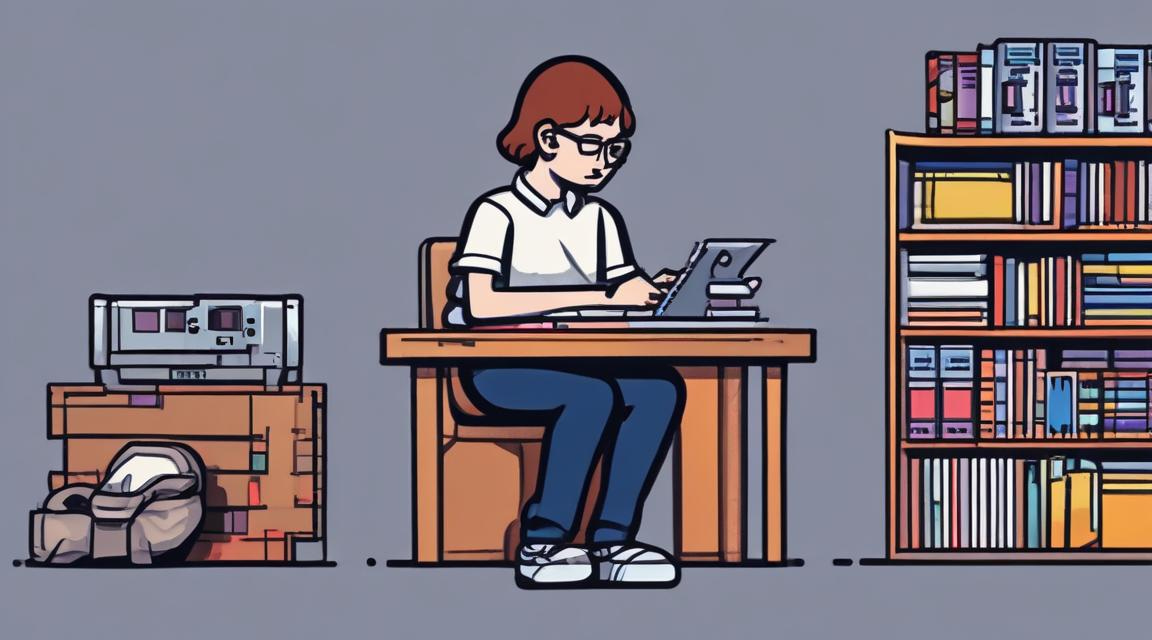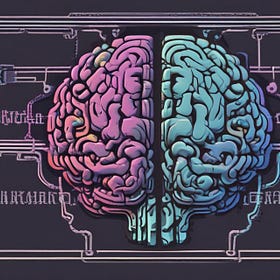3 Illusions Of Learning You Must Beware
Avoid these common learning mistakes and ace your exams
Ineffective learning can damage your mental health.
Its main cause? Probably the illusion of learning. This happens when we think we learned something when we didn’t. The consequences? Stress, frustration, depression, and anxiety.
Three common learning methods cause this.
Avoid them and become an effective learner.
1. Rewatching
This is the most common study method nowadays.
The internet is full of amazing resources. You can learn from the best universities and companies in the world on platforms such as Coursera, EdX, MIT Open Course Ware, and more.
However, the brutal truth is that tutorials alone will not make you learn something.
Rewatching courses repeatedly fools us into believing we learned something when we didn’t. We realize this once we test our knowledge or do hands-on projects. For most students, this happens days or hours before an exam.
Suddenly, the knowledge we thought we had learned is gone.
Take programming as an example.
You can watch long courses to learn Python. You will gain a better understanding of the topic. However, once you start coding exercises or projects you will realize you didn’t really learn.
This is the illusion of learning.
What to do instead
Work on projects.
Test yourself.
Do free recall and explain the topic you just learned in your own words.
2. Rereading
One of student’s holy grail of study strategies.
I know. This is painful to read. Rereading was also my default study strategy. I highlighted the book I needed to study and reread its content over and over again. I thought this was the way. Wrong.
I wasted too much energy and time on this.
And I did not test myself. So, when the exam came, I realized I didn’t learn the topic. I panicked. Stress and anxiety increased. I barely passed the exam and forgot most of what I studied a few days later.
Rereading is another illusion of learning.
By reading the content repeatedly, we improve our understanding of it. However, this is a false sense of learning. We are linking information to our short-term memory instead of our long-term memory.
That’s why we forget.
Remember, our brains are forgetting machines.
What to do instead
Create flashcards and practice retrieval.
Write notes in your own words explaining the topic you learn.
Fix Your Forgetting Machine: Build Your Second Brain In 3 Easy Steps
Information overload is a severe threat to burnout.
3. Highlighting
Another super-used study method.
As with rereading, highlighting creates another illusion of learning. The cause is similar to that of the other methods. When highlighting, we gain fluency, understanding, and a false sense of progress.
Combine it with rereading, and you will have a super ineffective strategy.
Sadly, this is what many students do. I did this, too. There’s no blame for it. Nobody taught us how to learn effectively or that rereading and highlighting are ineffective.
So now you know.
Avoid rewatching, rereading, and highlighting as your main study strategies.
What to do instead
Practice interrogative elaboration (ask and answer how and why questions).
Use analogies and images to facilitate retrieval and remember what you learn easier.
The illusion of learning is a serious study problem.
Here, you learned that rewatching, rereading, and highlighting fool us into believing we learned something when we didn’t. This can lead to a low GPA, stress, anxiety, frustration, and depression.
Learning should not be like this.
Replace these techniques with retrieval, interrogative elaboration, concrete examples, and dual coding (study with images), and you will start your learning revolution.
Keep it up, super learner.
Ultra-learning saved my career.
It helped me learn anything without overstudying or overworking. But remember, each person has a different life. Perhaps you work full-time and also study. Or maybe you have a family, etc.
Be reasonable, and don’t fall into toxic productivity.
Here are some last recommendations:
Don’t compare yourself with others. Take your time.
This is not a competition. This is about you. Make it fun and healthy.
Please take care of yourself. That’s the most important thing!
Now it is your turn.
What are you going to learn next?
Until the next time,
Axel







The overarching theme with these three learning methods being poor methods if treated as primary ones seems to be the ineffectiveness of passive learning. The alternatives you suggest, such as interrogative elaboration, free recall, spaced repetition, engaging in projects et cetera can be categorized as forms active learning. It is intruiging how the methods requiring *less* engagement are perceived as yielding better progress, even though we typically have the intuition that more effort means better results.